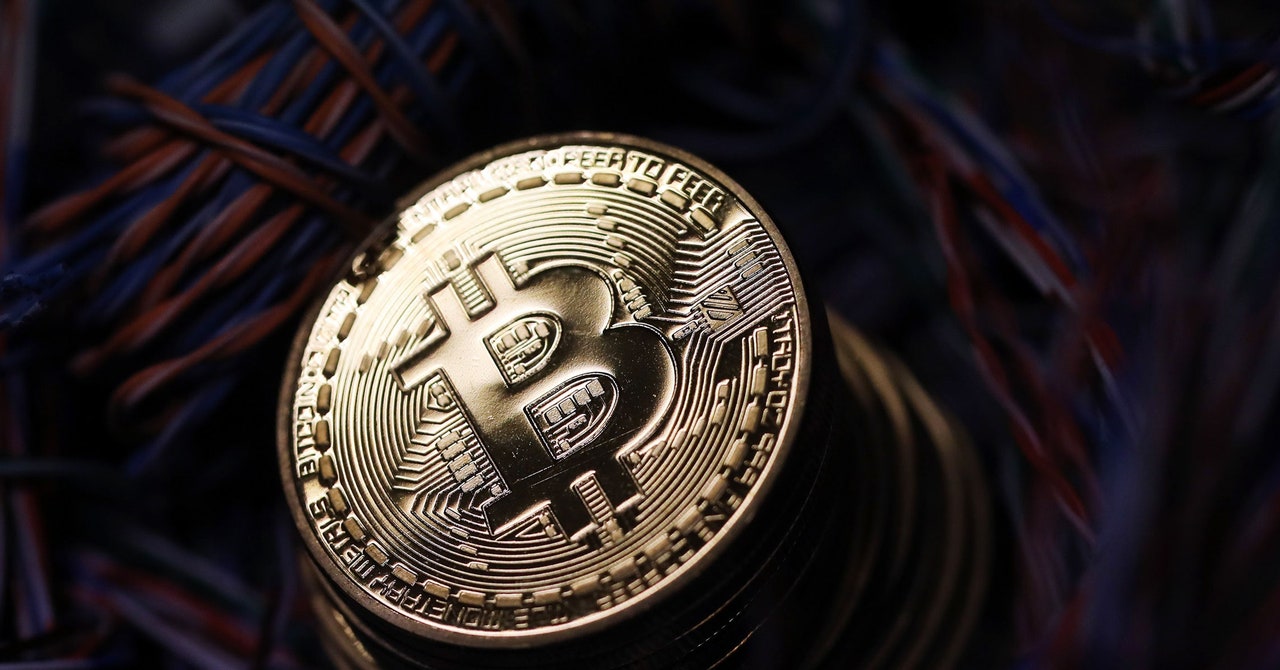The Bitcoin ETF: A New Investment Fund Designed to Assist Wall Street Wall Streeters in Adversarial Crimes against Crypto-Money
The U.S. government soon after announced a multibillion-dollar settlement with Binance and its founder, CZ, who pleaded guilty to violating anti-money-laundering laws.
In 2023, the SEC and other financial regulators brought a series of lawsuits against crypto companies and investors, and the U.S. Department of Justice won its case against disgraced crypto mogul Sam Bankman-Fried, who is scheduled to be sentenced in March.
The account was compromised, and the SEC didn’t make a decision about it. X’s safety team confirmed the account was hacked hours later, explaining it did not have two-factorpassword enabled.
Now, crypto is getting a big boost. On Wednesday, Wall Street’s top cop, the Securities and Exchange Commission (SEC), approved a bitcoin ETF, an investment fund that will track bitcoin prices, and will pave the way for more of the public to buy it.
It went up after the Federal Reserve released its latest projections at the end of the year, suggesting policymakers would likely consider reducing interest rates in four years. People are more comfortable with riskier bets when interest rates are low.
Is the Wild West of Bitcoin? A No-No-Go Theorem by the SEC and a Prayer for More Americans to Buy Crypto
For years, the SEC rejected applications from money managers, citing concerns about how bitcoin is valued and held. In 2018, Dalia Blass, who was then the director of the SEC’s division of investment management, raised a series of questions about spot bitcoin ETFs in a letter to two industry groups.
The approval of spot bitcoins exchanges will appeal to a lot of people, but it’s also likely to lead to more institutional investors buying in. Funds cannot buy into non- regulated investments.
SEC Chair Gary Gensler, who famously said crypto is like “the Wild West,” has spent most of his tenure cracking down on it. Without new, crypto-specific from congress, he has asserted most cryptocurrencies are securities, and therefore, they fall under the SEC’s purview.
“There are a number of significant investor protection issues that need to be examined before sponsors begin offering these funds to retail investors,” she wrote.
According to Henry Hu, who teaches banking and finance at the University of Texas Law School, the involvement of these big investment firms will burnish the perception of cryptocurrencies.
“We’re at the point now where the regulator is willing to give us clear guidance in regards to what’s legal and what’s not,” says Markovich.
ETFs are regulated by the SEC, and that is a big reason why Wednesday’s decision by the agency is so significant. Regulatory clarity is important, and so is the SEC’s imprimatur.
The Rise and Fall of Cryptocurrencies: How Exchange-Traded Funds Can Get People’s Hands On Bitcoins Through A Structured Security
There’s no signing up with a altcoin, managing a wallet, or losing your private key when you own one,” he says. “It will get people’s hands on digital currency.”
According to Bryan Armour, director of passive strategies research for North America at Morningstar, these new funds are going to be seen as a safer way to buy and sell cryptocurrencies.
Regular investors have become very popular with exchange-traded funds. These funds usually track the prices of stocks and bonds and trade on exchanges. They’re less expensive than mutual funds because they’re easy to buy. Today, ETFs are a $7.7 trillion industry.
In recent years, sites like Coinbase and Kraken have made it easier for people to buy and sell bitcoin and other cryptocurrencies. But according to McClurg, there are still big barriers to entry.
He said it gives them the opportunity to invest in bitcoins through a structured security. Several applications were approved by the SEC.
The massive run-up has come despite months of negative headlines, the successful prosecution of one of the biggest players in crypto, and after financial regulators and law enforcement targeted a long list of investors and promoters, executives and companies.
Custodians for Coinbase and Gemini spot bitcoin Funds: How much do they depend on the market? The Venn diagram of fund managers
At launch, spotbitcoin issuers will share a small group of service providers. Between them, crypto exchanges Coinbase and Gemini will provide custody services for practically all the new ETFs. Only JPMorgan, Cantor Fitzgerald, Virtu Financial, and Jane Street, all multinational financial services firms, have signed on as APs to date.
The new type of financial product that the US regulators have approved allow people to invest in bitcoin for the first time, at their broker’s expense.
The arrival of the spot bitcoin ETFs has been celebrated among investors as a source of new demand for the asset—now available in a more accessible format—that could push up the price. Yet a significant portion of the financial upside will be captured behind the scenes, not in the open market.
The ETF issuers will take a management fee, as a percentage of the sum people invest. Intermediaries that provide plumbing for a spot Bitcoin Fund to operate stand to make a lot of money. The firms are responsible for a number of things such as storing, as appointed custodians, or creating, new ETFs shares, and cashing in existing ones. The job of another set of third parties, market makers, is to help price ETFs accurately and ensure that trades run smoothly in the public market.
The pool of firms that do these things are limited because of the amount of cash it takes to deal with large quantities of assets flowing in and out the door. With respect to custody, the Venn diagram of willing and qualified candidates is restricted further by the challenges of handling bitcoin, which sits on entirely different technical rails than regular shares. “It’s a whole different area,” says Seyffart.
